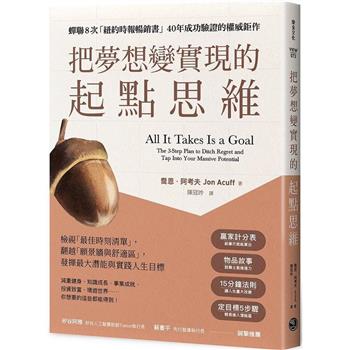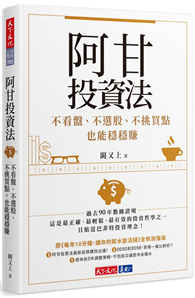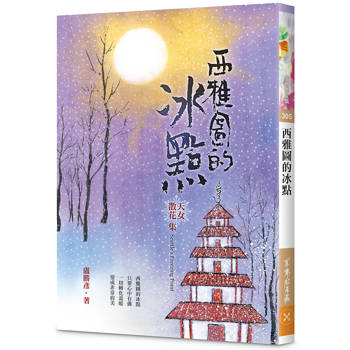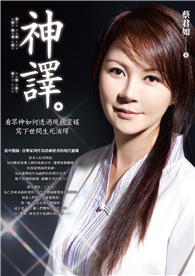"The Challenge of the Future: A Study in American Foreign Policy," written by Roland G. Usher and originally published in 1916, offers a glimpse into the prevailing attitudes and debates surrounding America’s role in the world at the dawn of the 20th century. Usherâ€(TM)s work presents a detailed analysis of the factors shaping American foreign policy, providing valuable insights into the historical context that influenced the nation’s engagement with international affairs.
This book serves as a crucial resource for understanding the evolution of American diplomacy and the intellectual currents that shaped its trajectory. It explores the complex interplay of political, economic, and social forces that defined the United Statesâ€(TM) approach to global challenges during a pivotal period in history. Students and scholars of American history and political science will find Usherâ€(TM)s study an essential addition to their understanding of the nation’s foreign policy heritage.
This work has been selected by scholars as being culturally important, and is part of the knowledge base of civilization as we know it. This work was reproduced from the original artifact, and remains as true to the original work as possible. Therefore, you will see the original copyright references, library stamps (as most of these works have been housed in our most important libraries around the world), and other notations in the work.
This work is in the public domain in the United States of America, and possibly other nations. Within the United States, you may freely copy and distribute this work, as no entity (individual or corporate) has a copyright on the body of the work.
As a reproduction of a historical artifact, this work may contain missing or blurred pages, poor pictures, errant marks, etc. Scholars believe, and we concur, that this work is important enough to be preserved, reproduced, and made generally available to the public. We appreciate your support of the preservation process, and thank you for being an important part of keeping this knowledge alive and relevant.












